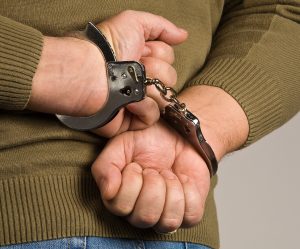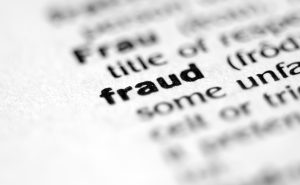
Criminal Defense Law Firm 317-636-7514
For this reason, it is vital to your future and your freedom to hire an experienced criminal defense attorney to defend you in court. It is never recommended to represent yourself under any circumstances, unless you are appealing a minor traffic infraction. Continue reading to learn some information about representing yourself in your criminal case, and why an attorney is the best method for avoiding the maximum penalties for your criminal charges.
First Offense?
Many people wrongly assume that first time offenders are always let off easy, so they can simply represent themselves in court and save a few hundred dollars. But this is a risky gamble to take, especially since it is not true. First time offenders are not always let off the hook that easy. There are infinite factors that play a role in the type of penalties a person is sentenced to in court; it all depends on the offense, the county, the personal discretion of the presiding judge, and much more. Anyone can be penalized to the fullest extent, and under any circumstances, unless they have aggressive and experienced criminal defense.
The Complexities of Law
To represent yourself in court, you would need a full understanding of the law. There is just too much to know and too much to learn for someone with no experience in the field. The law is very complex and convoluted. It takes an experienced attorney to protect a defendant in court because they have years of experience and knowledge of the law. Aside from understanding the law, you would also need to be an expert in legal defense and know which strategies to use, how to use them, and when to use them. It is an art form and talent that takes years of commitment on a learning curve. An experienced criminal lawyer retains all of these skills and more.
The Less Obvious Penalties
Aside from the standard penalties you face under law for your criminal charges, there are also subsequent consequences that many offenders do not prepare themselves for. For instance, some offenses can result in losing professional licenses, driving privileges, fines, restitution, and more. A qualified criminal defense attorney can help their clients navigate these residual obstacles after being charged with a crime.
Indianapolis Criminal Defense

Criminal Defense Lawyer 317-636-7514














